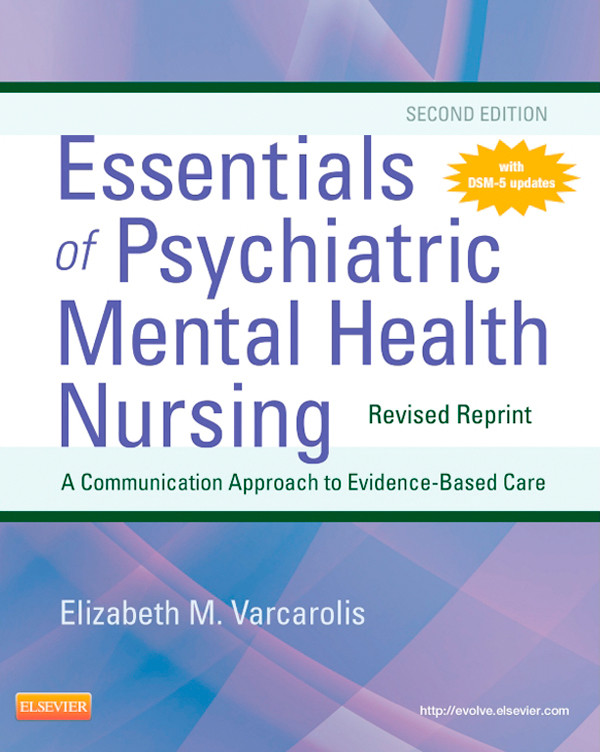Essentials of Psychiatric Mental Health Nursing - Revised Reprint - E-Book
| Auflage | 2. Auflage, 2014 |
| Verlag | Elsevier Health Care - Lehrbücher |
| ISBN | 9780323294157 |
Sofort zum Download (Download: PDF, EPUB)
Produktbeschreibung
The revised reprint includes all new DSM-5 updates, updated psychiatric nursing content, along with new opening unit pages with vignettes, Selected Concept boxes and a new chapter on stress and stress-related disorders. This updated version equips yourself for today's psychiatric nursing practice with all of the essential nursing interventions and clinical content combined with current research and evidence-based practice. From the author of the bestselling Foundations of Psychiatric Mental Health Nursing, this text was specifically developed to effectively prepare students in today's shorter courses.
- New DSM-5 criteria boxes in an appendix
- Updated Chapters include:
- Chapter 17: Schizophrenia Spectrum Disorder -new material on the Recovery Model adapted for schizophrenia, new Matrix 7 domains for Cognition affected by Schizophrenia, and an updated chapter drug table which now includes the latest drugs for schizophrenia
- Chapter 15: Mood Disorders: Depression - the chapter drug table has been updated with the latest drugs for depression
- Chapter 16: Bipolar Spectrum Disorders - the medication tables have been updated throughout
- Chapter 11: Anxiety, Anxiety Disorders, and Obsessive-Compulsive Disorders - this chapter has been updated with new content
- Chapter 12: Somatoform Disorders and Dissociative Disorders - the section on somatic symptom disorder has been thoroughly revised
- Chapter 19: Addiction and Compulsions - this chapter has been rewritten with additions of substances, medications and new tables
- UNIQUE! Examining the Evidence boxes explain the reasoning behind nursing interventions and how research affects everyday practice.
- UNIQUE! Applying the Art sections communication tables in the clinical chapters provide examples of therapeutic and nontherapeutic communication techniques as well as realistic nurse-patient interaction scenarios.
- Key concepts and terms clarify essential terminology.
- Potential Nursing Diagnosis tables give several possible nursing diagnoses for a particular disorder along with the associated signs and symptoms.
- Vignettes offer succinct, real-life glimpses into clinical practice by describing patients and their psychiatric disorders.
- Assessment Guidelines familiarize readers with methods of assessing patients.
- Critical thinking questions introduce clinical situations in psychiatric nursing.
- Key Points to Remember outline the main concepts of each chapter in an easy to comprehend and concise bulleted list.
